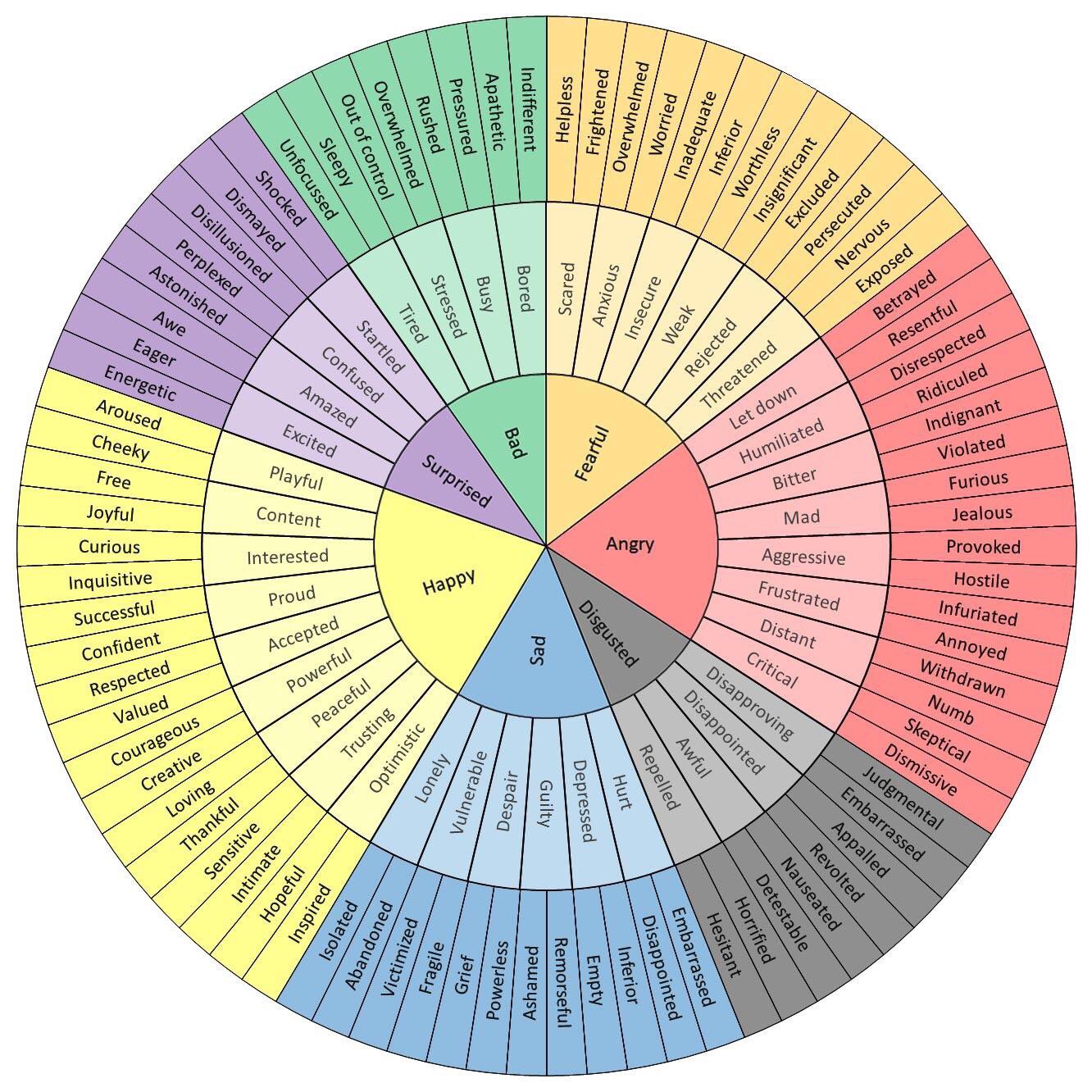 Home
Search
About
Home
Search
About
AFA
Allegory - A narrative with one obvious literall meaning, and one "hidden" meaning. Often intending to teach a moral lesson.
Alliteration - Words that are next to each other with the same starting sound
Ambiguity - Where a word or phrase has multiple meanings
Anaphora - Repetition of a word or phrase at the start of a sentence Eg: In every cry of every man, In every infant's cry of fear, In every voice, In every ban.
Anthropomorphism - When a writer gives an animal human qualities through literal description rather than figurative
Assonance - Where words have the same vowel sounds. Eg: might fly our lives like paper kites
Autobiographical - When I writer is writing about themself
Blank verse - Poetry that does not rhyme
Caesura - A pause in a line of poetry
Chiasmus - When two or more parrallel clauses are inverted. Eg: "Ask not what your country can do for you; ask what you can do for your country."
Chronological - Events that happen in time order
Cliché - A common, unoriginal, overused expression
Colloquial - Everyday spoken language
Congeries - A "piling" list. Eg: "Apart from better sanitation and medicine and education and irrigation and public health and roads and a freshwater system and baths and public order, what have the Romans done for us?"
Consonance - Repetition of a consonant sound
Dialect - A variation of language spoken by people from a particular place
Dramatic Monologue - Passage spoken by one speaker
Emotive - Something that makes you feel a particular emotion
Empathy - When someone understands what someone else is experiencing and how they feel
End-stopping - Finishing a line of poetry with the end of a sentence or phrase
Enjambment - In poetry when a sentence or phrase runs over one line to the next
Euphemism - A word or phrase used to conceal meaning
First Person - Written from a personal perspective, using words such as: "I", "my", "we", and "our"
Form - The type of poem and its features
Foreshadowing - Hinting at the future.
Free Verse - Poetry that doesn't rhyme, and has no regular rhythm or line length.
Half Rhymes - Words that have a similar, but not identical, end sound. Eg: "crisp" & "grasp"
Homonyms - Words that are spelled and sound the same but have different meanings
Hyperbole - An overexaggeration
Iambic Pentameter - A poem in which each line has 10 syllables, 5 stressed and 5 unstressed. The stress falls on every second syllable.
Iambic Tetrameter - A poem in which each line has 8 syllables, 4 stressed and 4 unstressed.
Idiom - A saying using figurative language. Eg: It's raining cats and dogs
Imagery - Language that creates a picture in a reader's mind.
In medias res - When a narrative starts in the middle of action.
Internal Rhyme - When two or more words rhyme within the same line rhyme
Irony - When words are used to imply the opposite of what they mean. Irony can also be used to make a point that is not true, for example when the audience knows something that the characters do not.
Isocolon - Two or more phrases or clauses have similar structure, rhythm, and length. Eg: "I came, I saw, I conquered"
Juxtaposition - When two words of opposite meaning are placed next to each other.
Language - The choice of words used.
Litotes - A double negative Eg: "You won't be happy"
Metaphor - Describing something by saying it is something else.
Monologue - One person speaking for a long period of time.
Mood - The feel or atmosphere of the text.
Motif - A concept, theme, or image reacurring throughout the text. Eg: Doors in Jekyll & Hyde
Narrative - Writing that tells a story.
Narrator - The person speaking the words.
Onomatopoeia - A word that sounds like the action it is describing
Oxymoron - Two words placed next to each other with contradicting meanings. Eg: "Lovely war", "awfully good", "original copy"
Paraprosdokian - A figure of speech in which the latter part of the sentence is surprising or unexpected. Eg: "I have the heart of a small child - on my dinner plate"
Personification - Giving a non-living thing human qualities or behaviours.
Phonetic Spellings - When a word is spelled exactly how it sounds.
Plosive - A short burst of sound made when you say a word containing the letters: b, d, g, k, p, or t.
Polysyndeton - Repetition of the word "and". Eg: Tomorrow and tomorrow and tomorrow
Repetition - Repeating a word or phrase within a short space of words.
Rhetoric - When text is written to persuade you toward a particular view.
Rhetorical Question - A question that does not need an answer.
Rhyming Couplet - A pair of rhyming lines that follow each other.
Rhyming Triplet - Three rhyming lines that follow each other.
Satire - Exageration, ridicule, or irony used to mock human nature or society.
Sibilance - Repition of "s" and "sh" sounds. Eg: "senteries whisper, curious, nervous"
Simile - Likening something to something else
Soliloquy - a character speaking their thoughts aloud, refelcting on their own thoughts.
Structure - The order and arrangement of ideas in a text
Symbolsim - When an object represents something else
Syntax - The arrangement of words in a sentence to ensure that it makes sense.
Third Person - Written from a non-personal perspective.
Tone - The mood or feelings surpressed by the way in which the text is written.
Volta - A turning point.
Zoomorphism - Giving a non-animal animalistic qualitites
